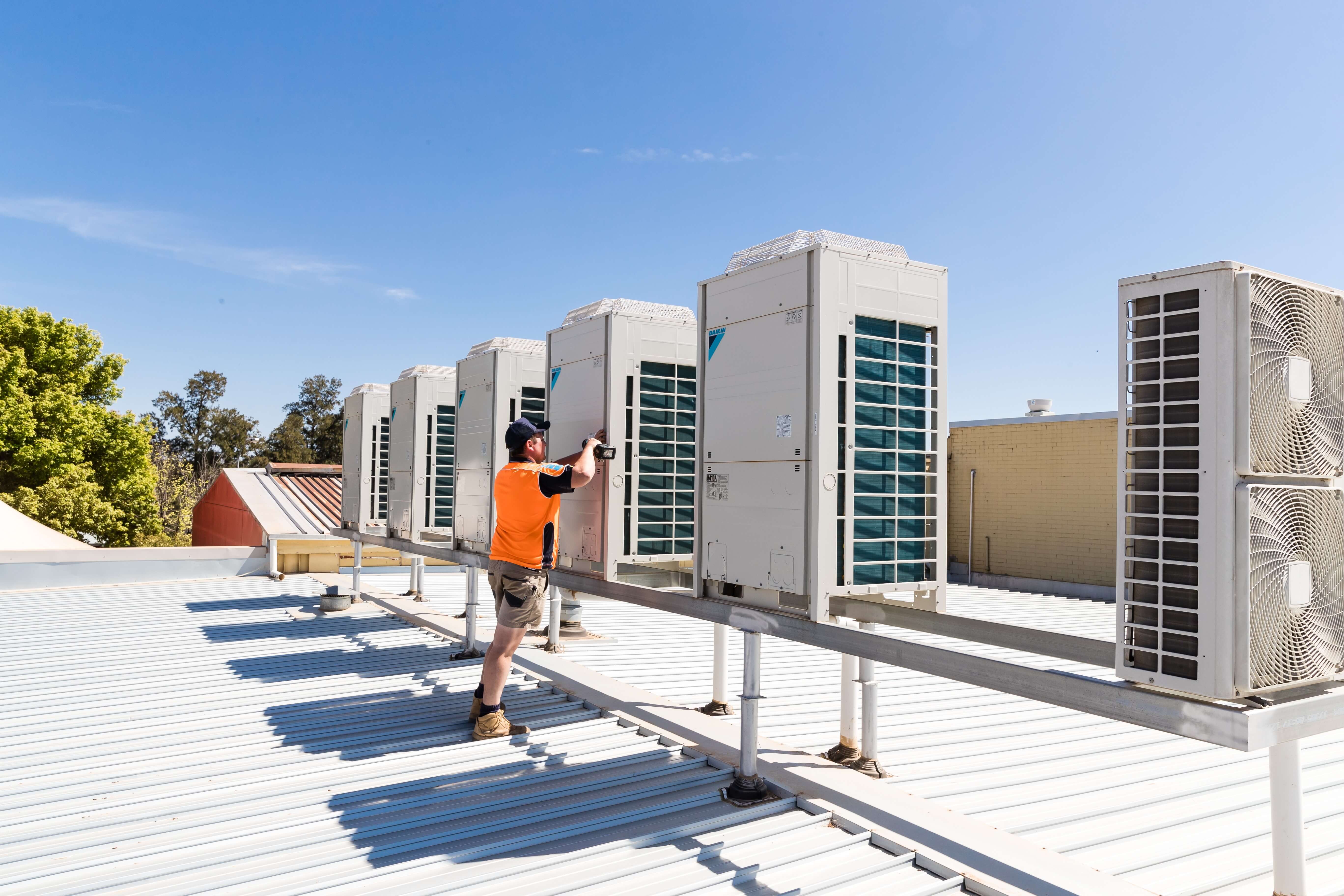The Significance of Indoor Air Safety: In What Way HVAC Plays a Difference

Indoor air quality is a crucial yet often overlooked aspect of our everyday lives. Many people are ignorant that the air inside our homes and workplaces can be dirtier than the air outside. This is where heating, airflow, and air conditioning systems, commonly referred to as HVAC, come into play. These systems not only control temperature but also are crucial in preserving the air we inhale. Understanding how HVAC works can help you create a better living environment for you and your family.
As we spend a substantial portion of our time indoors, the quality of indoor air has a direct impact on our health, comfort, and overall well-being. From reducing irritants and pollutants to maintaining optimal humidity levels, a efficient HVAC system is necessary. This article will walk you through the various parts of HVAC, explore typical problems you might encounter, and provide expert tips on maximizing your system's efficiency and enhancing indoor air quality. Whether you are a property owner looking to upgrade your system or a corporate leader seeking to boost workplace conditions, understanding HVAC is critical to creating a comfortable and wholesome environment.
Comprehending HVAC Mechanisms
HVAC is warming, airflow, and air conditioning, as they are essential elements for ensuring a comfortable interior environment. HVAC systems function to regulate heat, moisture, and air quality within home plus business spaces. Through integrating these 3 functions, HVAC systems play a key function in ensuring the home or workplace remains cozy throughout the year.
Heating systems commonly employ heaters and heat pumps for warm up spaces during chillier seasons. Conversely, air conditioning systems help lower the temperature of the air in the warm months, providing relief from heat and dampness. Ventilation is also important as it brings in new outdoor air and removes unhealthy indoor air, reducing contaminants plus enhancing general air conditions. A well-maintained HVAC system allows for enjoying enhanced comfort and healthier indoor atmosphere.
To completely understand the way HVAC systems operate, it's important to familiarize oneself to the components, including temperature controls, ductwork, air filters, and others. Regular maintenance and knowledge of common problems may assist ensure that HVAC system functions efficiently and reliably. Getting to know the specific features of your heating and cooling system can also help in making knowledgeable choices about improvements plus repairs, thereby enhancing the quality of your indoor environment.
The Effect of HVAC on Indoor Air Quality
Indoor air quality is crucial for maintaining a healthy and comfortable living space, and HVAC systems play a major role in this aspect. Well-maintained and appropriately designed HVAC systems purify and ventilate the air, eliminating pollutants, allergens, and contaminants that can negatively impact health. This is particularly crucial in homes and commercial buildings where individuals spend significant amounts of time. Effective ventilation, a key component of HVAC systems, ensures that clean air is introduced while old air is expelled, promoting a cleaner indoor environment.
Managing humidity is an additional crucial function of HVAC systems that directly impacts indoor air quality. High humidity levels can lead to the growth of mold, bacteria, and dust mites, which can provoke allergies and respiratory issues. Conversely, air conditioning repair can cause discomfort and lead to dry skin and respiratory problems. An optimized HVAC system helps manage humidity levels, ensuring a balanced atmosphere that enhances comfort and minimizes health risks.
Finally, the varieties of air filters used in HVAC systems greatly influence indoor air quality. High-efficiency particulate air (HEPA) filters, for example, are specifically made to trap microscopic particles and allergens, providing fresher air. Routine maintenance and timely replacement of air filters are vital to guarantee that these systems perform optimally. By selecting the best filters and maintaining the system in top shape, homeowners and businesses can efficiently improve indoor air quality, enhancing overall well-being and productivity.
HVAC Care and Performance Recommendations
Regular maintenance is crucial for ensuring your HVAC system running efficiently and extending its duration. Start by replacing the air filter media each one to three month, based on usage and the type of filter. Clogged filters limit airflow, forcing your system work harder and leading to increased energy consumption and stress on the system. Additionally, make sure that the outside unit is clear from debris, leaves, or any obstructions, as they can impede its efficiency.

Carrying out seasonal tune-ups is a further effective strategy to enhance HVAC efficiency. Schedule professional inspections at least 2 times a year—one time before summer and one time before winter. During these inspections, a technician can identify potential issues, clean essential components, and optimize the system's performance. This preventive approach not only ensure a comfortable environment but also helps in avoiding costly repairs down the road.
Finally, think about upgrading to intelligent thermostats and high-efficiency HVAC systems. Smart thermostats enable you to program temperatures based on your schedule, minimizing energy waste when you're not home. Choosing Energy Star-rated equipment can lead to substantial long-term savings on energy bills and contributing to a reduction in your carbon footprint. By implementing ac system and efficiency tips, you'll establish a more pleasant and cost-effective indoor environment.
